Explore the Best AI Image Gallery
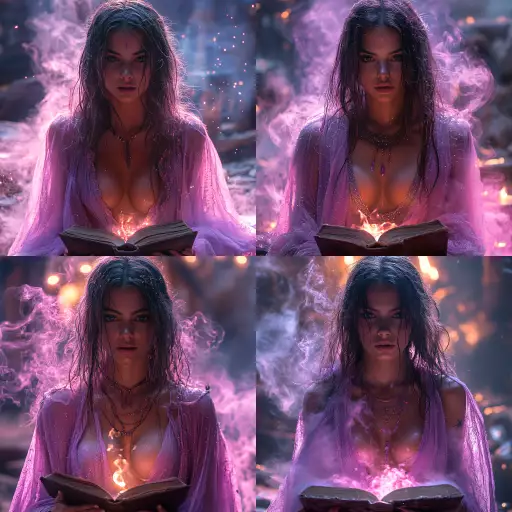
AI: The New Lens in Product Photography
Product photography, once a realm dominated by meticulous manual setups and expert lighting, is undergoing a dramatic transformation thanks to artificial intelligence. AI is no longer just an assistant; its becoming a creative force, redefining the way we capture and present products for consumers.
A Revolution in Creativity
AI algorithms are revolutionizing product photography by automating tasks that were previously time-consuming and labor-intensive. From image editing and retouching to background removal and object detection, AI tools can now handle a wide range of processes with remarkable accuracy and speed. This frees up photographers to focus on the creative aspects of their work, such as composition, lighting, and storytelling.
Applications Across Industries
The impact of AI in product photography extends across diverse industries:
- E-commerce: AI-powered tools can generate high-quality product images for online stores, enabling businesses to showcase their products in the most appealing way possible.
- Fashion and Apparel: Virtual try-on experiences powered by AI allow customers to visualize how clothes would look on them, enhancing the online shopping experience.
- Real Estate: AI can automatically generate virtual tours of properties from a series of images, providing potential buyers with an immersive viewing experience.
- Food and Beverage: AI can enhance food photography by optimizing lighting, color, and composition to make dishes look more appetizing.
Ethical Considerations
While AI offers immense benefits, it also raises important ethical considerations:
- Bias in Algorithms: AI algorithms can inherit biases present in the training data, potentially leading to unfair or discriminatory outcomes in product photography. Its crucial to ensure that AI systems are trained on diverse and representative datasets.
- Job Displacement: As AI automates tasks previously performed by humans, there is a risk of job displacement in the creative industry. However, AI can also create new opportunities for photographers who can adapt and specialize in areas requiring human creativity and expertise.
- Authenticity and Transparency: The use of AI in product photography raises questions about authenticity. Consumers should be informed when AI has been used to alter images, and there should be clear guidelines on the ethical use of AI in this field.
The Future of Product Photography
AI is poised to continue reshaping the landscape of product photography. We can expect:
- More Realistic and Immersive Experiences: AI-powered tools will create even more realistic and immersive product visualizations, blurring the lines between the physical and digital worlds.
- Personalized Product Photography: AI algorithms will be able to tailor product images to individual customer preferences, creating personalized shopping experiences.
- AI-Driven Creativity: AI will not simply automate tasks but will also contribute to the creative process itself, generating new ideas and concepts for product photography.
As AI technology advances, its essential that we navigate its impact on product photography with both excitement and responsibility. By embracing the potential of AI while addressing its ethical challenges, we can unlock a future where creativity and technology converge to create truly innovative and engaging experiences for consumers.
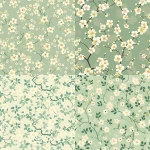
](https://images.ai-img.art/thumbnails/150/78b567a3483191dd52f3d16038b5a926e03e4066d5b301cfff023fb91a962e67.webp)
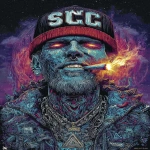
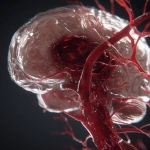
](https://images.ai-img.art/thumbnails/150/cf8299cc184c859eff89d17514689e19c7994ad29256a58ad77fa0f7218e2cff.webp)
](https://images.ai-img.art/thumbnails/150/915b5e50ce61f6219cb8f764d89e2efcb8ad3a9ebd09e0670ae7dc0e2c99a8bd.webp)
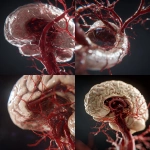

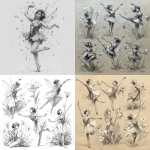
](https://images.ai-img.art/thumbnails/150/476665d1452e44d38d5b4fbf5fab4389a6131d55b7bfe8a41d7f65f66b5a9310.webp)
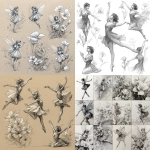

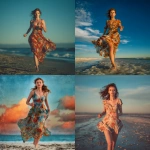

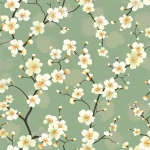
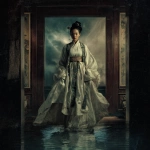


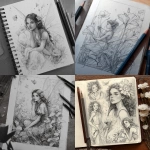

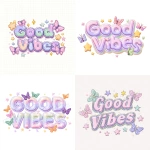




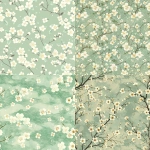


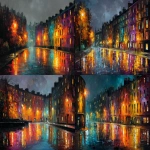

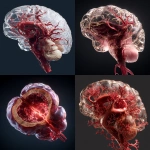
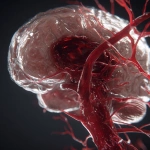

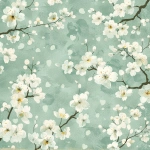
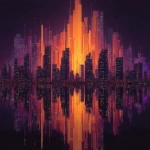
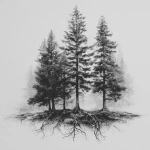

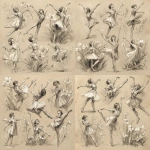
](https://images.ai-img.art/thumbnails/150/da89993919887fcf2c84af5ec12f2ac997ad0f67c8bf00fecd67ba06a1b3dc49.webp)



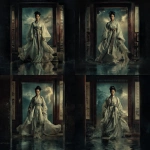

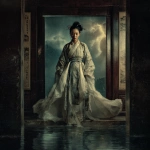

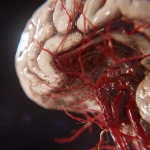
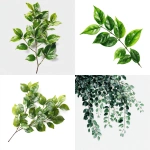

](https://images.ai-img.art/thumbnails/150/aed4d771a0a5b63bed28f6e7183dd4614c5e3e3586d300c8d879ccbb37dbfb4e.webp)